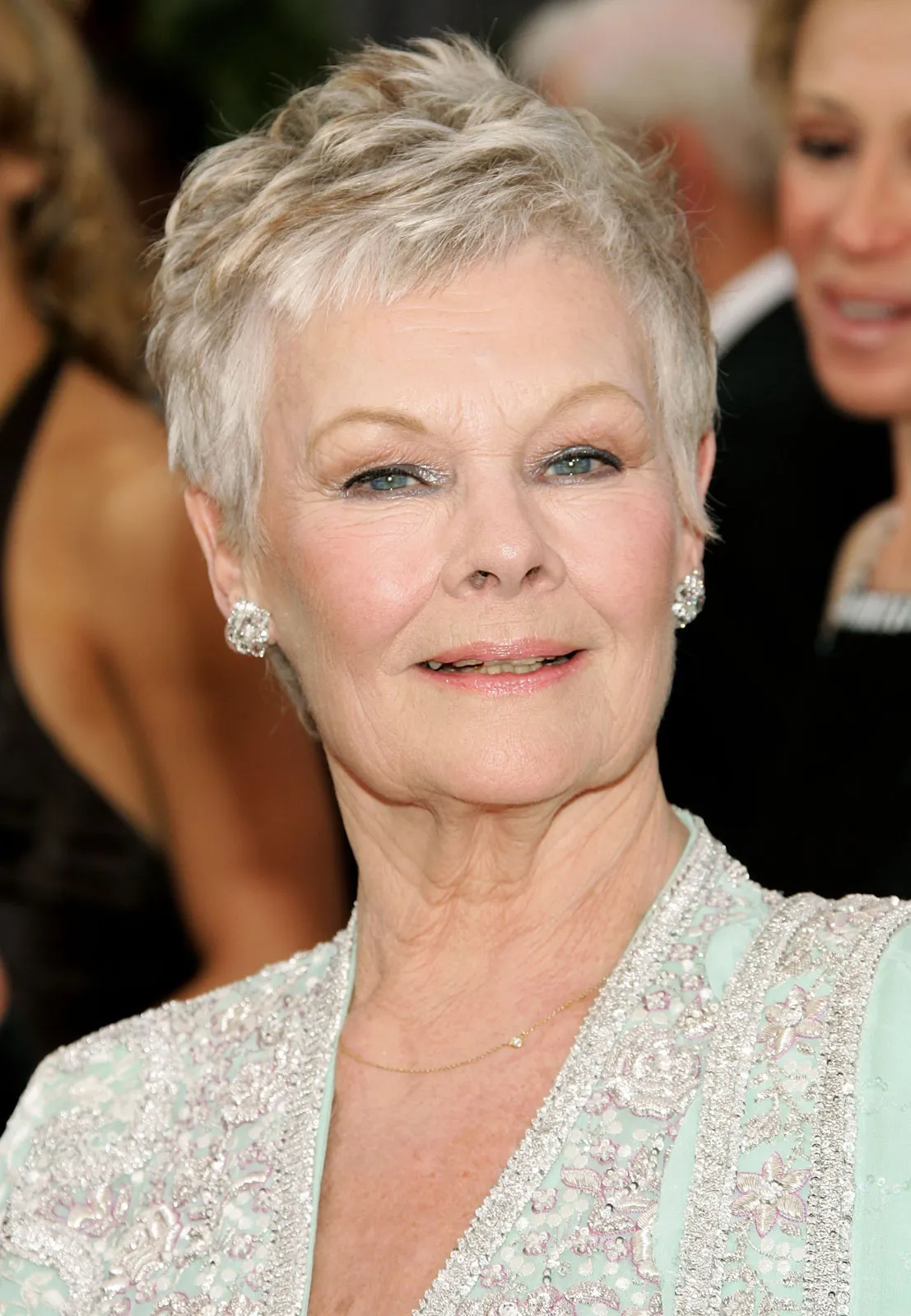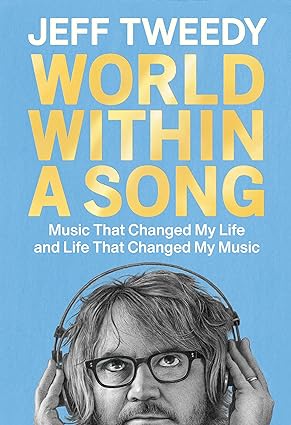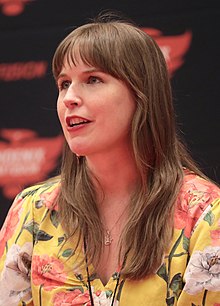Tracy K. Smith (born April 16, 1972) is an American poet and educator. She served as the 22nd Poet Laureate of the United States from 2017 to 2019. She has published five collections of poetry. Her memoir, Ordinary Light, was published in 2015. She won the Pulitzer Prize for her 2011 poetry volume “Life on Mars”.

In a recent chat with The New York Times, she answered some questions about books and shared her view of our world and how it influences her reading. Read the interview here;
What’s the last great book you read?
I recently read Stephanie Burt’s latest poetry collection, “We Are Mermaids.” The poems are dazzling, musical, energetic, witty, tender, and full of wide-ranging encyclopedic knowledge. They explore the privacy of memory, the collective space of history, and something that feels like planetary time. How powerful it is to feel the grace with which these poems offer to gather up and bolster some of the most vulnerable among us — trans, queer, and not-yet-out folk who may feel almost ready to step into their true selves. Everyone should read this book.
When did you start reading poetry?
I started reading and writing poetry seriously when I was 19 and feeling lost and small. I needed the authority of memory and attention that poems taught me to cultivate. I needed to claim something that might help me anchor and make sense of myself in the overwhelming world. Poetry helped me begin to pay fuller attention to the fleeting, the muted, and the all-but-invisible, and to slowly bring my own voice into that chorus. There’s so much in the world that reminds us we are small. There is so much that seeks to capitalize upon the panic and insecurity that comes with the mistaken impression that to be small is to be insignificant. Poetry is a path back and away from that mindset and toward a presence of mind and concentration that fosters possibility.
Are there poets whom you’ve gained a greater appreciation for over time?
Adding a poet to my syllabus is a surefire way to acquire greater access to and appreciation of their work. I’ve done that recently with Amiri Baraka and Essex Hemphill (there really needs to be a reissue of Hemphill’s “Ceremonies”).
What was the last book you read that made you cry?
I cried so many different kinds of tears reading Safiya Sinclair’s “How to Say Babylon.” In addition to the deep love, courage, intelligence and compassion of her writing, what caused me to well up repeatedly was the understanding that I was in the presence of an enormous soul.
What books might we be surprised to find on your shelves?
Maybe this won’t surprise anyone, but I have a lot of books on near-death experiences, psychic phenomena, and past-life regression on my shelves. Dolores Cannon, who refined a method of regressive hypnotherapy by which subjects felt able to encounter their own past lives, has been an enormous consolation and inspiration to me during times of anxiety and 21st-century world fear. These kinds of books nudge me to remember our world is but one facet of an enormous continuity in which we’re responsible for one another and accountable to the rest of the cosmos. Lucille Clifton’s poem “The Last Day” articulates a sense of this responsibility in powerful, chastening terms. The first books of this kind that spoke to me were “Life After Death,” by Mary T. Browne, and Elisabeth Kübler-Ross’s “On Life After Death.” I found them on a friend’s bookshelf not terribly long after my father’s passing. These visions of life after life and realms beyond realms amplified my own hope of what the universe might resemble.
Who’s your favorite fictional hero or heroine?
Carlotta Mercedes, in James Hannaham’s “Didn’t Nobody Give a Shit What Happened to Carlotta.” She’s a trans woman serving a 20-something-year sentence in a men’s prison, and when the novel opens, she has just come up for parole. Her voice! I hear so many voices across so many generations and geographies within Carlotta’s singular voice as she navigates the criminal justice system and the wilderness-of-a-kind of gentrified Brooklyn. Through heart-bruising disappointment, cruelty, and trauma, and through giddy high jinks, she maintains what I can perhaps best describe as an improvisatory hope. I am so grateful for this book, which I first experienced as an audiobook, which James Hannaham and Flame Monroe bring so vividly and tenderly to life.
Do books serve a moral function, in your view? How so?
It’s a mistake to expect literature to teach us how to live our lives. But the practice of reading does, to my mind, serve a moral function. On its most basic level, literature instills in us the capacity to be rapt and beholden to a stranger’s voice, to do everything possible to hear and heed that voice in such a way that it is permitted to illuminate something. Sometimes what it illuminates are facets of ourselves — even our former or future selves. This to me feels like a very vital moral exercise.
You’re throwing a literary dinner party. What three writers, living or dead, do you invite?
I often find myself thinking about this question. I’m not sure why. Sometimes when I’m driving. Sometimes loading up the dishwasher at night. I think I interpret the premise not as fantasy, but as actual preparation for the afterlife. I always get stuck because I very much want to invite Jesus, but I don’t believe he is technically a writer. Or maybe he counts as someone who used a ghostwriter? Anyway, the other two are always James Baldwin and Emily Dickinson.
That’s all for today. See you in the next edition of author interviews.

Get it: https://amzn.to/3uOZsoE



